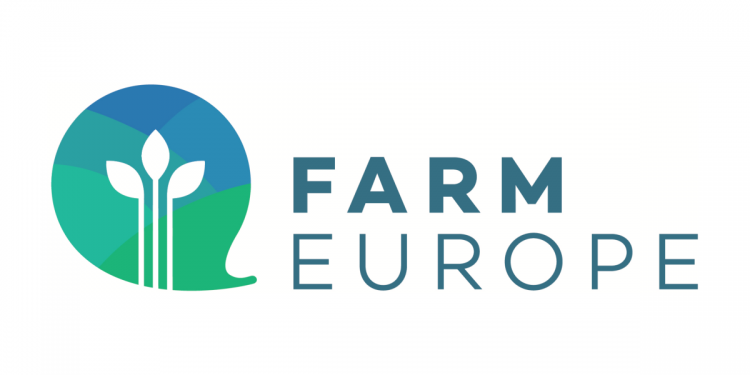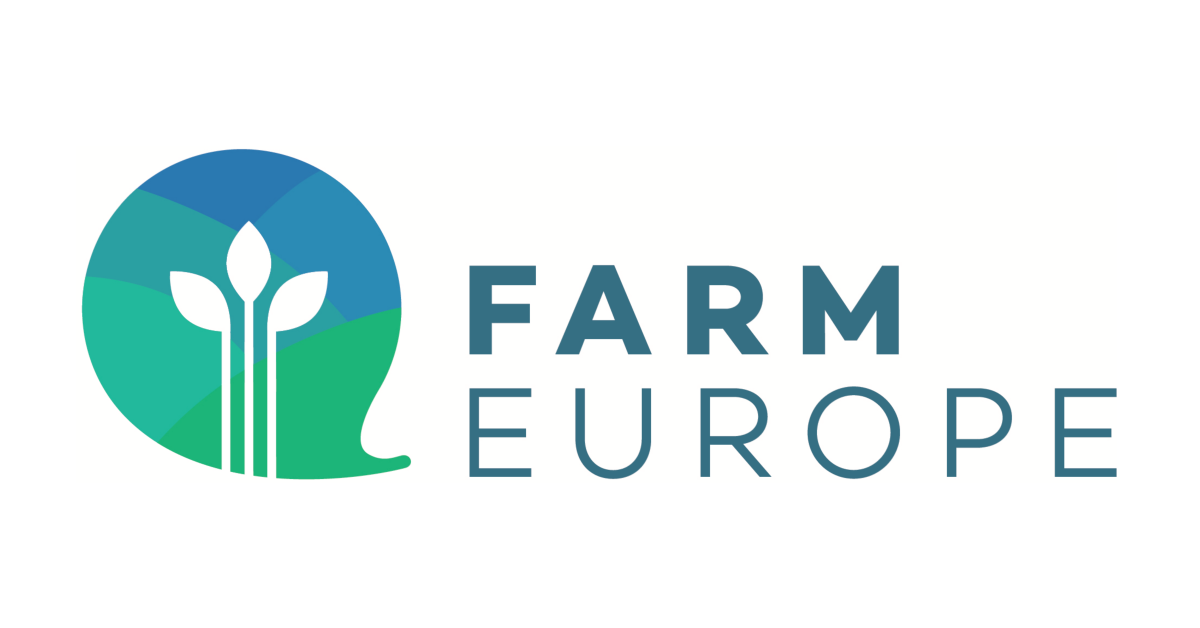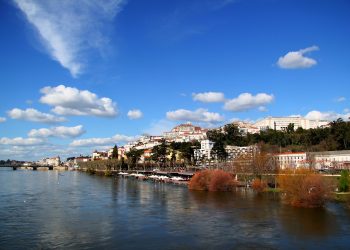Producer countries’ organisations urge compliance with the European Parliament’s negotiating mandate ahead of a possible final trilogue
Ahead of the final trilogue negotiations, Farm Europe is calling on EU institutions to uphold the automatic safeguard clause provided for under Article 29 of the Generalised Scheme of Preferences (GSP) Regulation. Automatic, swift and effective safeguard mechanisms should be the norm in any trade agreement concluded by the EU, to ensure the competitiveness of European farmers and a level playing field that upholds economic, environmental and social sustainability standards. This is the only effective tool to protect rice production.
In the most recent marketing year, European farmers have faced a veritable invasion of zero-duty Asian rice, with imports from Cambodia and Myanmar already showing a +13% increase by 1 June 2025 compared to the same period of the previous year, and a 40% surge in Indica rice alone.
The organisations of the most important European producers’ countries stress that any alternative solution that does not involve an automatic suspension of preferential tariffs would fail to protect the sector. Therefore, the inclusion of the automatic safeguard clause must be considered a non-negotiable condition for the conclusion of the trilogue agreement. Specifically, we are calling for the automatic activation of the safeguard clause whenever import volumes exceed a pre-established reference threshold, in order to prevent what would amount to dumping practices harming European farmers — through uncontrolled inflows of foreign products with no defence mechanisms in place. It is worth recalling that today, over 60% of rice imported into Europe benefits from reduced tariffs.
Beyond automatic safeguard mechanisms, the application of the principle of reciprocity must be fully implemented in all agreements, aiming at protecting not only the supply chain but also European consumers, from products that fall far below EU environmental, social and quality standards. For example, rice fields in several Asian and Mercosur countries still use tricyclazole, a powerful pesticide banned in the EU. The recent attempt by the European Commission to increase the Maximum Residue Level (MRL) for tricyclazole in rice from 0.01 to 0.09 mg/kg was fortunately averted.
O artigo foi publicado originalmente em Farm Europe.




















































